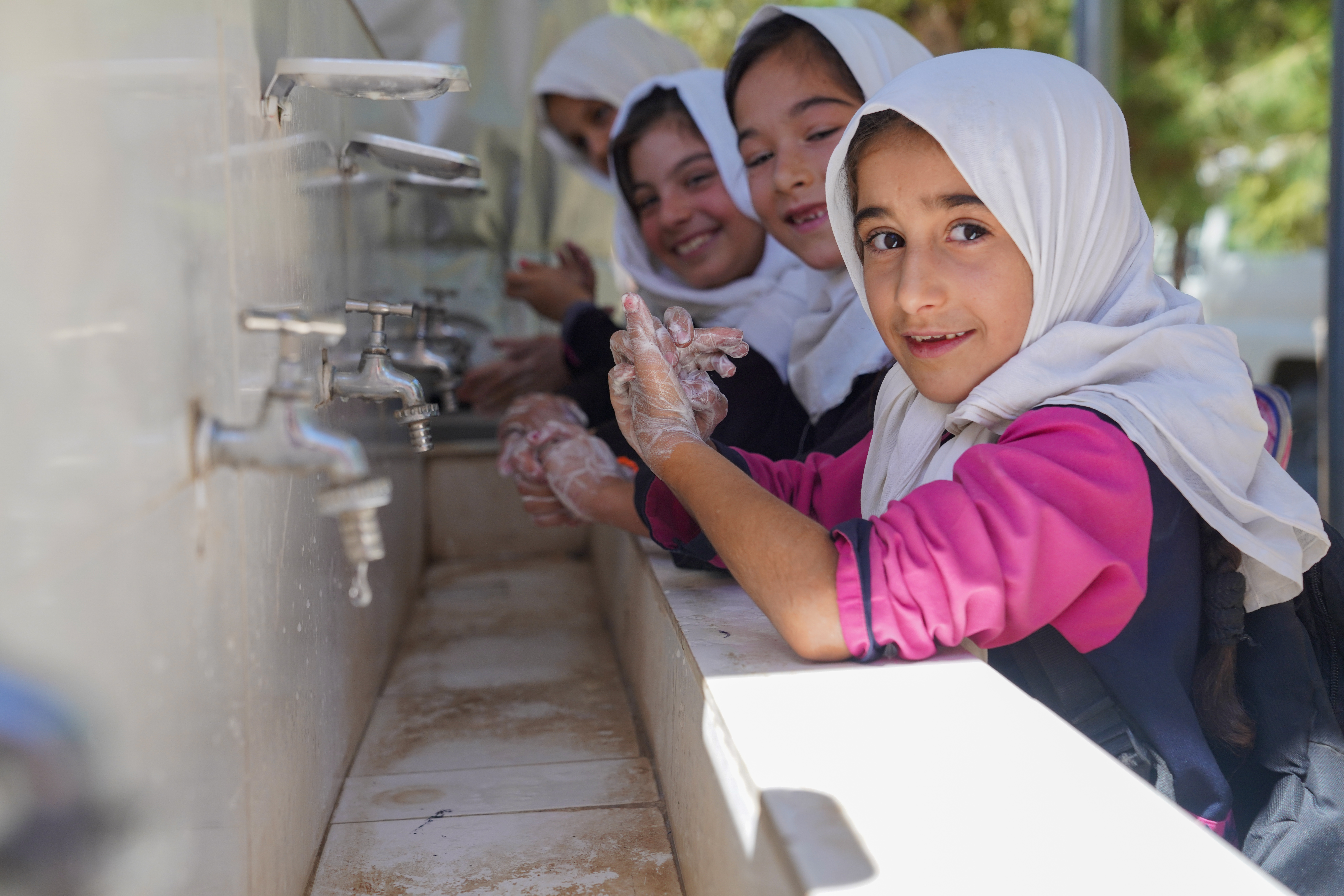The EU as a global health actor: ambitious new strategy
The health and wellbeing of communities inside and outside the European Union (EU) depends, to a large extent, on the EU’s ability to address and prevent global health threats. The COVID-19 pandemic has demonstrated the vital importance of considering the international dimensions in the EU’s health policy, while simultaneously revealing its structural shortcomings. Following calls for a more uniform approach to the EU’s role in global health from various stakeholders, the EU Global Health Strategy has now been launched. As a next step, the Council will adopt dedicated conclusions in the first half of 2023, under the Swedish Presidency of the Council of the EU.
First announced in May 2022 by Commissioner for Health and Food Safety Stella Kyriakides and Commissioner for International Partnerships Jutta Urpilainen, the new strategy for EU external relations activities in public health sets out to improve equitable access to health services, with particular attention to the most vulnerable. It also aims to advance health systems towards effective, universal health coverage, and to prevent and combat health threats. Another focus is on positioning the EU as a relevant player in driving global health governance, including through proposing a full EU membership status within the World Health Organisation (WHO), and through reinforcing strategic partnerships with different stakeholders such as regional bodies, local actors and the private sector.
The EU Global Health strategy does not disappoint in its design to guide EU action towards ensuring better preparedness and response to health threats. It outlines a solid roadmap to improve the health and wellbeing of the most vulnerable communities across the globe. However, more attention needs to be paid to the key role played by local actors, such as Civil Society Organisations (CSOs) and volunteer networks, in assisting their public authorities and ultimately implementing the strategy, as they are essential to supporting remote communities on the ground.
With global health crises reaching new heights, the EU’s strong commitment to leaving no one behind when tackling these challenges is a positive sign. By introducing a robust “health-in-all-policies” approach to looking at the strategy from all possible angles, decisionmakers sufficiently acknowledge that advancing on health goes hand-in-hand with fostering equality, reducing the impact of climate change, and enhancing security and protection. However, more emphasis needs to be placed on promoting healthy habits, prevention and preparedness activities in anticipation of public health emergencies, and the reinforcement of community resilience, especially through community health systems.
Strengthening effectiveness and accountability among actors and donors from the local to the global level should also be a priority for the EU and its partners, accompanied by policy inputs and capacity building at country, regional and local levels, to contribute to an inclusive development of the health sector. For that, it is key to ensure long-term and flexible funding of ambitious and innovative programmes.

Overall, the EU’s ambition to mainstream global health throughout its priorities sends a strong message to the international community. To effectively promote health sovereignty, the EU and its Member States should take this ambition further by supporting partner countries in integrating public health into their domestic legal and operational frameworks, in accordance with international standards and complemented by bolstering decentralised local structures. The EU and Member States should also ensure increased engagement with CSOs and volunteer organisations, such as National Red Cross and Red Crescent Societies, to reach the most marginalised populations and strengthen community resilience.
EU Delegations will be essential in translating the strategy’s priorities into EU policies and maintaining engagement with local actors on global health. While the EU demonstrates political willingness to work with civil society, additional efforts must be made in practice to ensure the impactful implementation and monitoring of the strategy so it can reach the last mile. At local level, EU Delegations should systematically involve actors on the ground in the design, implementation, monitoring and evaluation of EU programming, secure their safety and resilience, and recognise and promote their essential role in keeping communities safe from health threats.
The International Federation of Red Cross and Red Crescent Societies (IFRC) and National Red Cross and Red Crescent Societies value the role that the EU is playing in advocating for equitable, universal and high-quality healthcare and reinforcing local-to-global partnerships to address health threats. They stand ready to help implement the new EU Global Health Strategy through their auxiliary role to public authorities and their substantial volunteer network.
For media inquiries, please contact Eva Oyón on: eva.oyon@redcross.eu or +32 2 235 09 22

